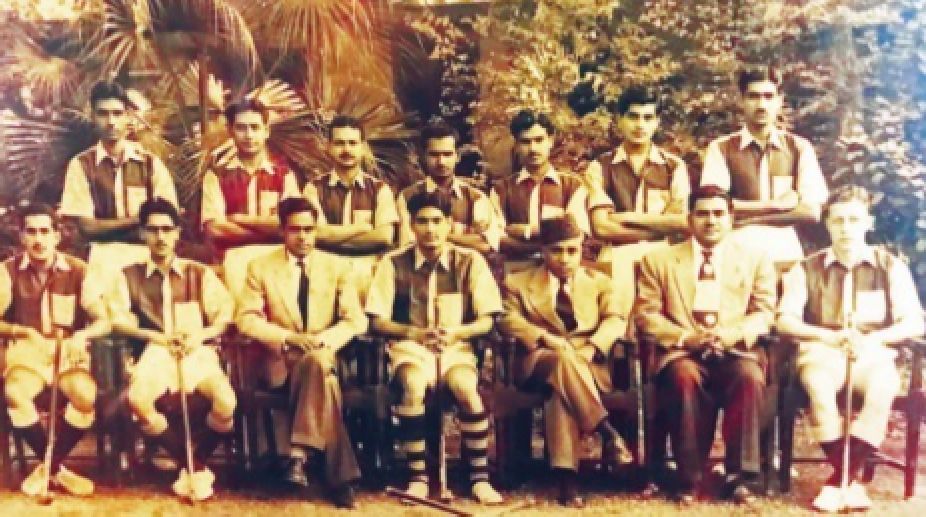While most of us of the immediate post-Partition generation grew up hearing the horror stories of Partition and the HinduMuslim riots that shook the sub-continent, it is another thing to be able to attach names and faces to those stories, as first hand narratives tug at our heartstrings. Contented happy families with thriving businesses and careers suddenly found themselves homeless, jobless and more often than not torn from their kin, counted suddenly in the category of Refugee, life as they had known it, finished forever.
The enriching display ~ IIC, Kamala Devi Complex, till 8 September. Among thousands of others like her, this is the story of Shahezadi Begum, whose family decided to migrate from Delhi to East Pakistan soon after Partition, came to Dhaka and settled. But when riots broke out in 1971, followed by loot and arson they were taken into military custody and housed in Raja Bag for a month without even their basic needs, before being moved to Geneva Camp in Mohammadpur where they continue to live. Shehzadi’s sister went back to Kolkata and continued there. The sister’s daughter went to Karachi, with Shehzadi unable to follow. Now, they have not seen one another for over forty-two years! Saleha Azam migrated from Jalandhar to Kamalia in Pakistan, with her family, escaping through an underground tunnel below their house. They were the last to flee alive so late into the night. On the way they found a baby lying, sucking its thumb. Saleha’s father picked it up and on reaching the next refugee camp found the infant belonging to one of the weeping mothers there.
Says Aiza Hussain, Saleha’s interviewer, “It’s been an exhilarating experience, one that changed my perception of Partition and people. Though I’ve never visited India, I have begun to feel a very strong connection to it.” Hamida Bano Begum, daughter of an Additional District Magistrate, while crossing from Ferozepur, her ancestral hometown, to Jhang, in newly created Pakistan, saw on the way in a deserted village, five dead men hung from bare, leafless trees! The bare trees seem to echo the barrenness of heart that could engender so much cruelty, destruction, and separation, literally burning down lives of people ~ reducing it to memory, longing and trauma. What an act of astounding futility, when today more numbers of Muslims continue to live as citizens of India, than those that total up between Bangladesh and Pakistan, the former regularly crossing under to make India their home! The 1947 Partition Archive is an international non-profit, non-government organisation, with a mission to institutionalise the people’s history of Partition through documenting, preserving and sharing eye witness accounts from Partition of what was then British India in 1947.
For this 1947 Archive has created a digital platform for anyone the world over to archive and display oral histories that document, besides Partition, pre-Partition life and culture as well as post-Partition migration and life changes. This is done with the help of volunteers from diverse religious and cultural backgrounds, nationalities and professions, with over 4,300 stories recorded so far, even as the archive grows.











